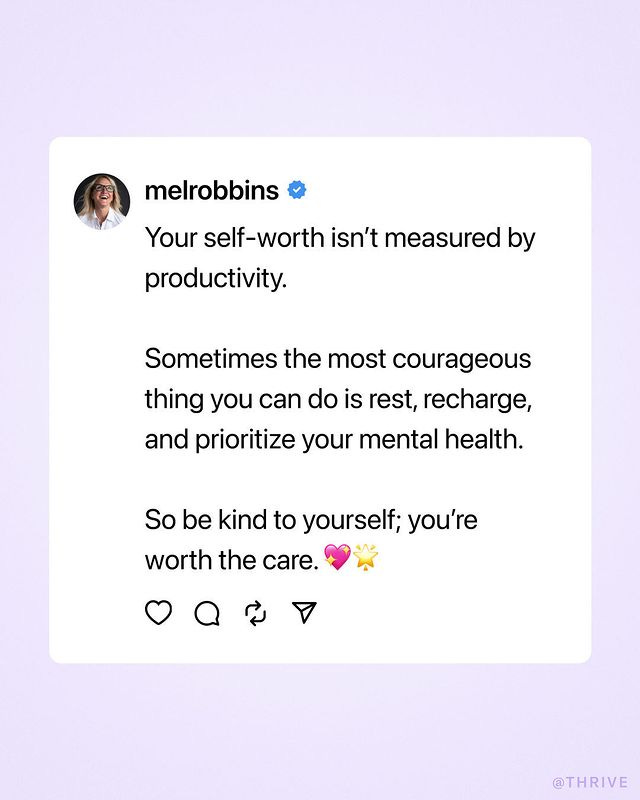Child Abuse and Mental Health Survivors Information - Issue #113
Nov. 18 is International Survivors of Suicide Loss Day and AFSP has an online event

The American Foundation for Suicide Prevention is doing an online event for Suicide Survivor Day on Nov. 18th. I know this is a topic that is important to me and many other survivors. We all know people we’ve lost. In their own words:
In addition to in-person events, AFSP also hosts Survivor Day Live, a virtual experience bringing communities together from across the world through Facebook and YouTube Live. It will feature a screening of an AFSP-produced documentary, Healing Together: Culture, Community and Suicide Loss, which explores how three families navigated the loss of their loved ones. Following the screening, there will be a panel discussion with several loss survivors, exploring their experiences and what set them on a pathway toward healing.
Thank you for reading the Child Abuse and Mental Health Survivors newsletter. Each week I share new blog posts and other resources that aim to help survivors of childhood abuse and those who are struggling with mental health issues feel less alone as we discuss the issues surrounding our issues.
For more information about me and why this newsletter exists visit the website - Child Abuse Survivor.
You can get all the information for the event on Facebook. The film sounds very interesting to me, but I also understand that it may be pretty heavy, and possibly difficult for some.
If you do wind up attending the online event, please come back and let us know how it goes, whether you found it helpful and your own opinion of the film being shown. Unfortunately, I won’t be able to attend live myself because it’s also my niece’s 18th birthday that week. That gets priority for me that Saturday.
New from the Blogs
Sharing - The Courage to Be New
For abuse survivors, I've been on record talking about how so many of us are trying to somehow go back to the life timeline that we would have been on had the abuse not happened, and I've suggested that you can't.
What you can be is something new, though. If you have the courage to try it.
If 80% of our health outcomes are unrelated to exercise and nutrition, maybe we can just accept that we can do those things and make some small impacts, and we should, but the larger concern is a society that is actively making some of us unwell.
Building a Culture that Supports Mental Health By Creating Opportunities to be Kind
As I said, I've seen this same research. More than once. I've talked about it here and here, and probably a few other times as well. On the individual level, acts of kindness toward others are beneficial for not only the receiver but the giver. As a peer, I can do what I can to give to my coworkers, but what does it look like to have a culture that encourages, rewards, and maybe even expects that kind of behavior?
Shared from Elsewhere
We talked about the holidays coming up and Mental Health America also sees it. Perhaps this webinar on Nov. 14th might offer some good advice? I likely will not be able to attend, but if you do let us know what you learn!
I Don’t Know How to Handle Holiday Stress
Speaking of this time of year - Seasonal affective disorder: What it is and how to treat it
Hobbies are good for you - Hobby time and Mental Health!
I feel like just the title says so much- “You wouldn’t worry so much about what other people think about you, if you knew how little they do.”
Some new articles on common topics in the newsletter:
And one topic that I think we should talk more about after listening to this - Podcast: The intergenerational impacts of racism
From the Archives
Penn State And Doing The Right Thing
If this tragedy teaches us anything, it should teach us that abusers come in all shapes and sizes, ages, male and female, and just because we think we know someone, doesn’t mean they aren’t hiding horrific secrets. We owe it to these children, and the potential future victims to put aside our dissonance and take these kinds of claims seriously.
Some Conversations Are Easier Online
When we write about mental health on a website or social media, we aren’t pulling any particular person into the conversation. We’re not trying to connect with one individual. We’re putting the story out to the public, and we see the folks who respond. We don’t see the hundreds of people who don’t respond. We are taking a risk, but it’s not a personal risk. Talking to a boss or someone close to us is a different risk. It’s much more personal. Someone seeing our story and not responding online has no significant cost to us. Asking a person to connect with us puts us in a situation where there may be a significant cost if they don’t respond.
The ER is No Place To Get Youth Mental Health Treatment Either
We’ve talked before about jails being a bad place to treat mental health issues, yet we see so many people ending up there because their conditions spiral without any proper treatment. We’re seeing the same thing with children in emergency rooms as well:
Thanks for reading. If you find this newsletter informative and helpful to you, spread the word. That’s the best way you can say thank you for the effort I put in each week.

